Нев Иорк Цити
Истражите
 Јединствена искуства
Јединствена искуства
 Услуге путовања и превоза
Услуге путовања и превоза
 Обиласци, разгледање и крстарења
Обиласци, разгледање и крстарења
 Улазнице и пропуснице
Улазнице и пропуснице
 Карте и карте за спортске догађаје
Карте и карте за спортске догађаје
 Мала група
Мала група
 Сезонске и посебне прилике
Сезонске и посебне прилике
 Примењене санитарне мере
Примењене санитарне мере
 Активности на отвореном
Активности на отвореном
 Вероватно ће се продати
Вероватно ће се продати
 ЛГБТ пријатељске туре
ЛГБТ пријатељске туре
 Кид-Фриендли
Кид-Фриендли
 Укључује животиње
Укључује животиње
 Добро за избегавање гужве
Добро за избегавање гужве
 Храна пиће
Храна пиће
 Одличан квалитет
Одличан квалитет
 Часови и радионице
Часови и радионице
 Најбоља конверзија
Најбоља конверзија
 Аудио водичи
Аудио водичи
 Уметност и култура
Уметност и култура
 Виатор Плус
Виатор Плус
 Sustainable Tours
Sustainable Tours
 Limousine Transfers
Limousine Transfers
 Donut Walking Tour
Donut Walking Tour
 Virtual Experiences
Virtual Experiences
 Additional fees
Additional fees
 DSA non-compliant
DSA non-compliant
 Јединствена искуства
Јединствена искуства
 Услуге путовања и превоза
Услуге путовања и превоза
 Обиласци, разгледање и крстарења
Обиласци, разгледање и крстарења
 Улазнице и пропуснице
Улазнице и пропуснице
 Карте и карте за спортске догађаје
Карте и карте за спортске догађаје
 Мала група
Мала група
 Сезонске и посебне прилике
Сезонске и посебне прилике
 Примењене санитарне мере
Примењене санитарне мере
 Активности на отвореном
Активности на отвореном
 Вероватно ће се продати
Вероватно ће се продати
 ЛГБТ пријатељске туре
ЛГБТ пријатељске туре
 Кид-Фриендли
Кид-Фриендли
 Укључује животиње
Укључује животиње
 Добро за избегавање гужве
Добро за избегавање гужве
 Храна пиће
Храна пиће
 Одличан квалитет
Одличан квалитет
 Часови и радионице
Часови и радионице
 Најбоља конверзија
Најбоља конверзија
 Аудио водичи
Аудио водичи
 Уметност и култура
Уметност и култура
 Виатор Плус
Виатор Плус
 Sustainable Tours
Sustainable Tours
 Limousine Transfers
Limousine Transfers
 Donut Walking Tour
Donut Walking Tour
 Virtual Experiences
Virtual Experiences
 Additional fees
Additional fees
 DSA non-compliant
DSA non-compliant




 sr
sr
 English
English
 Russian
Russian
 French
French
 Polish
Polish
 Ukrainian
Ukrainian
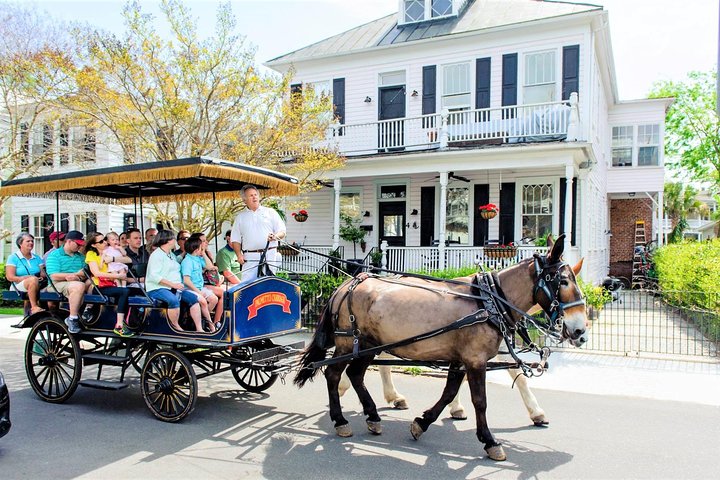
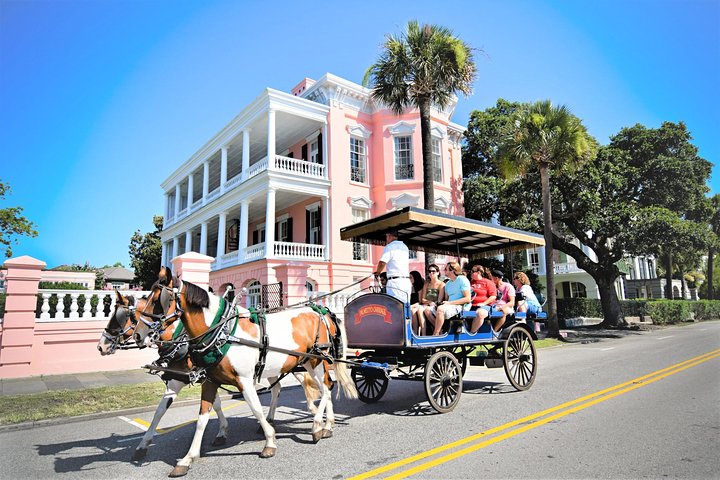
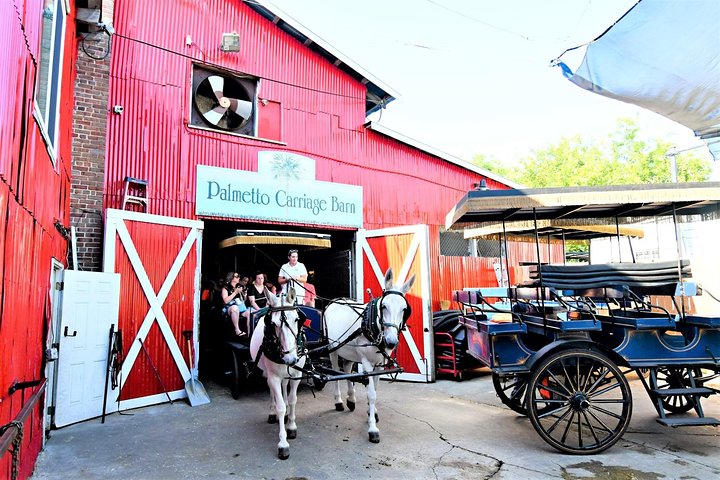
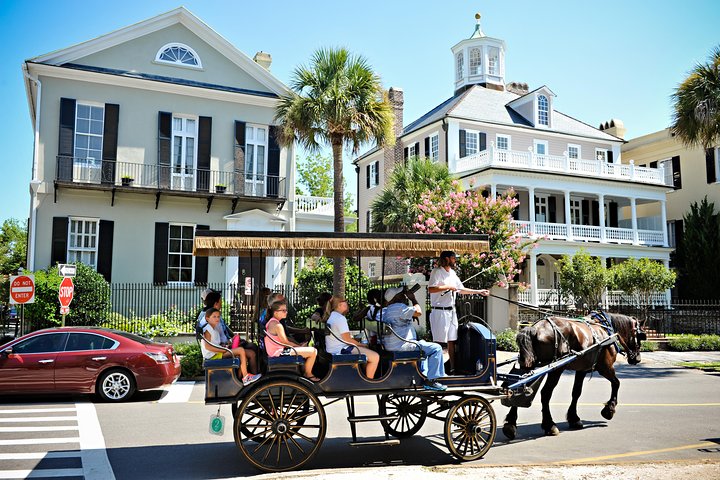
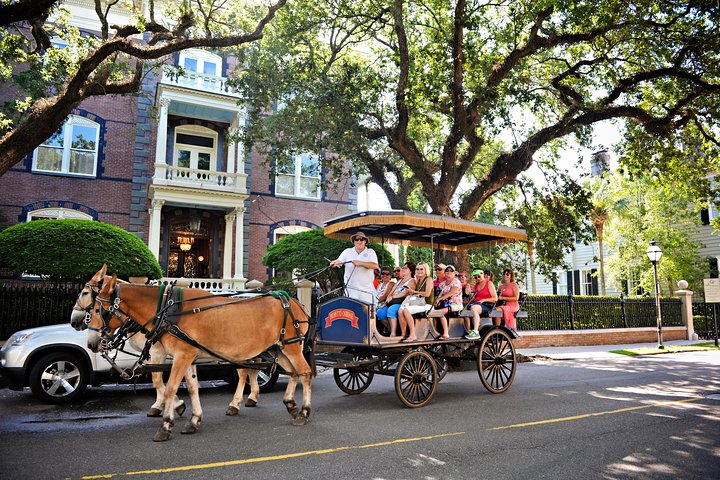
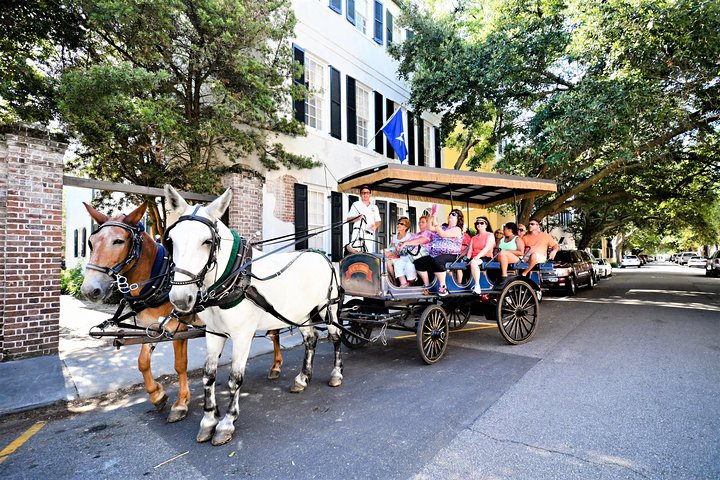
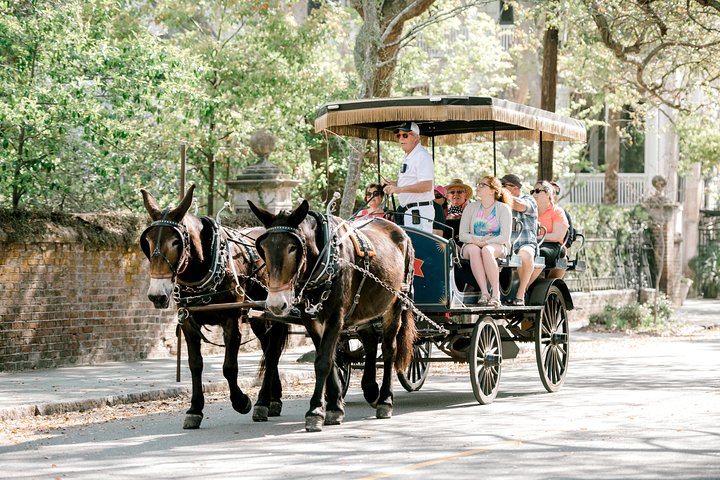
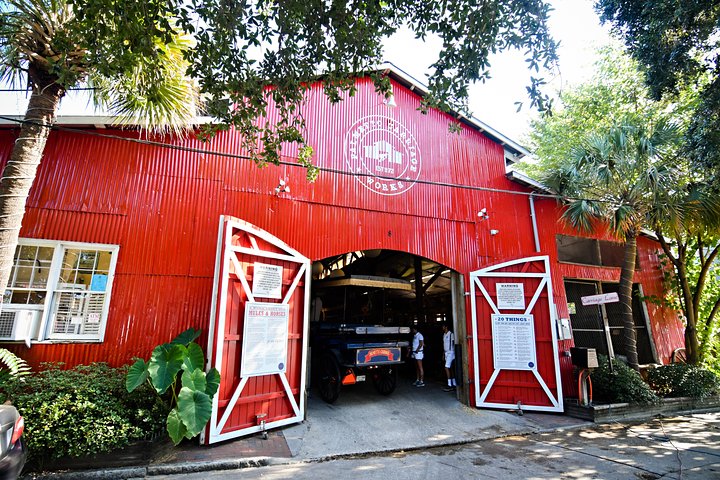
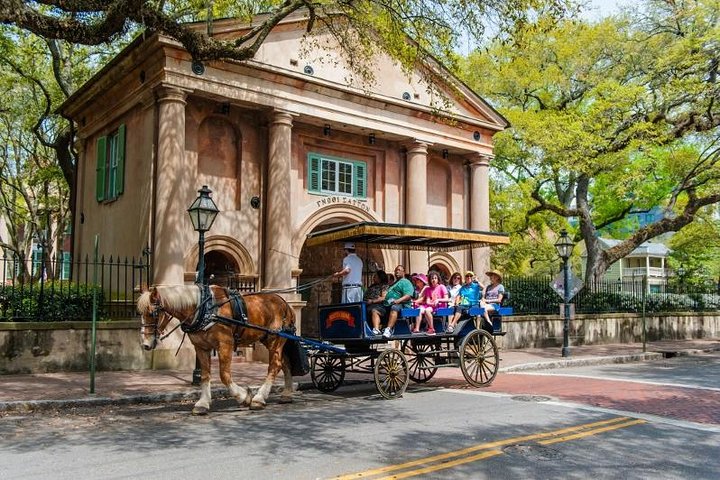
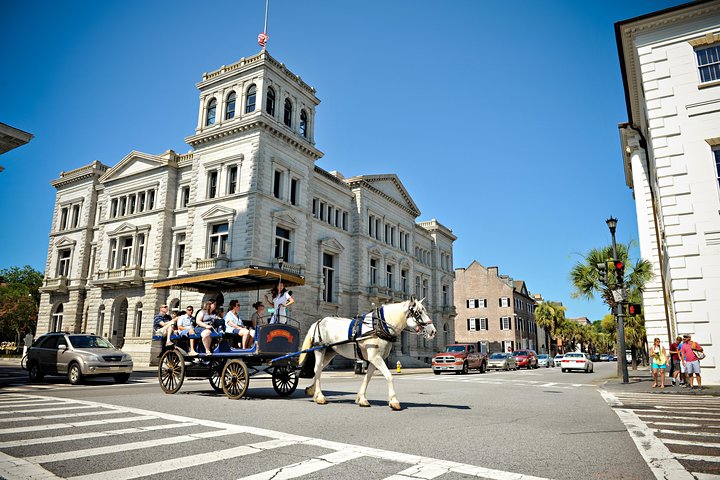
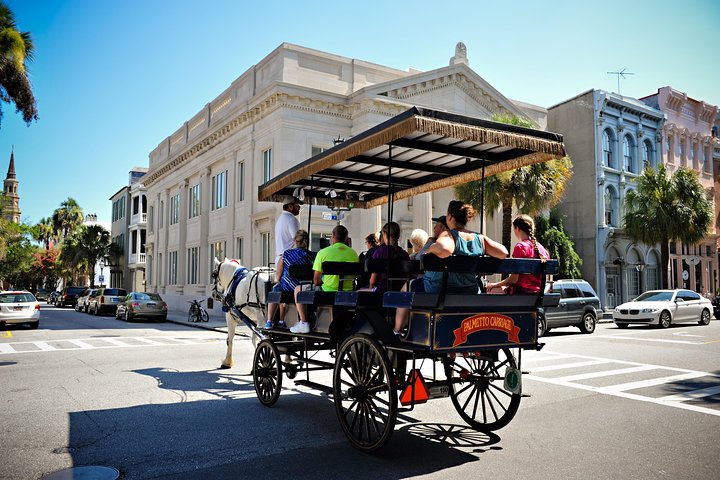
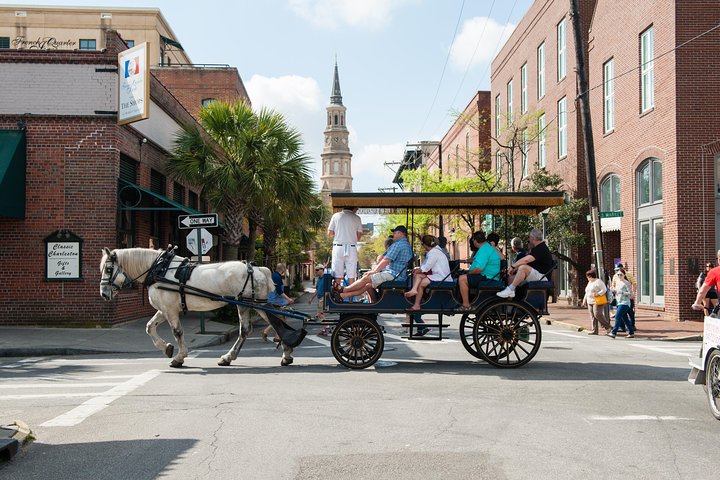
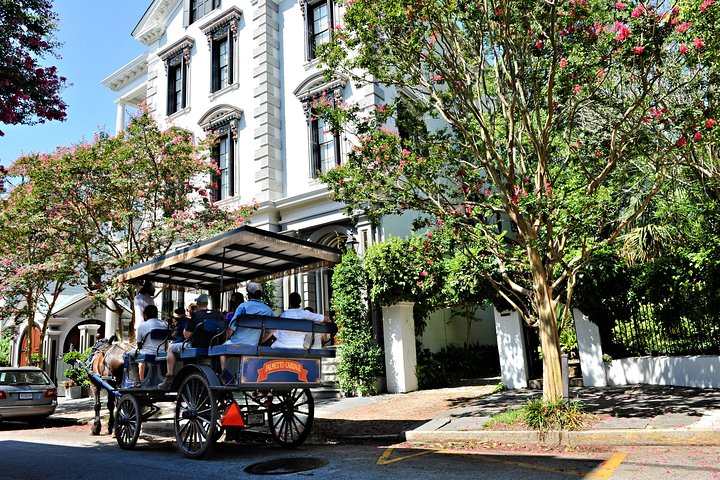
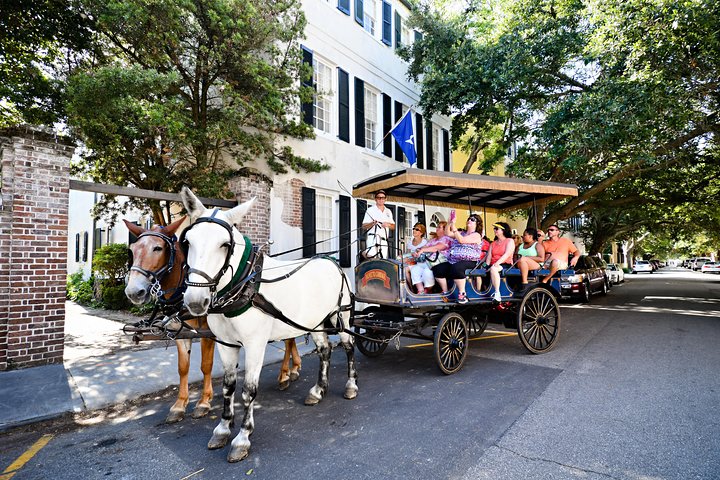
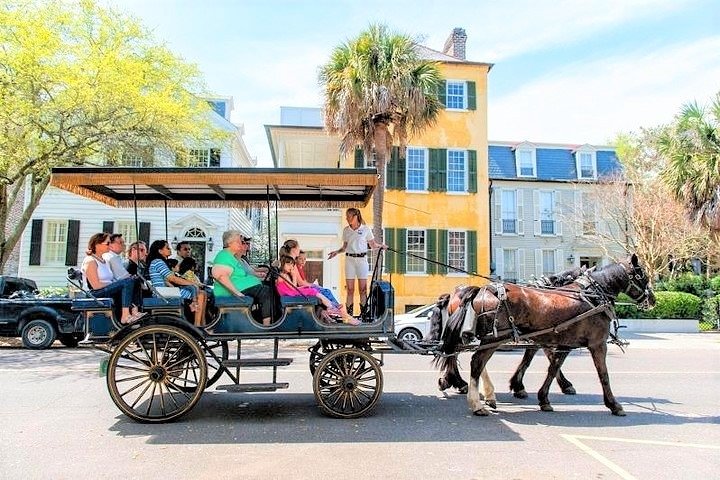
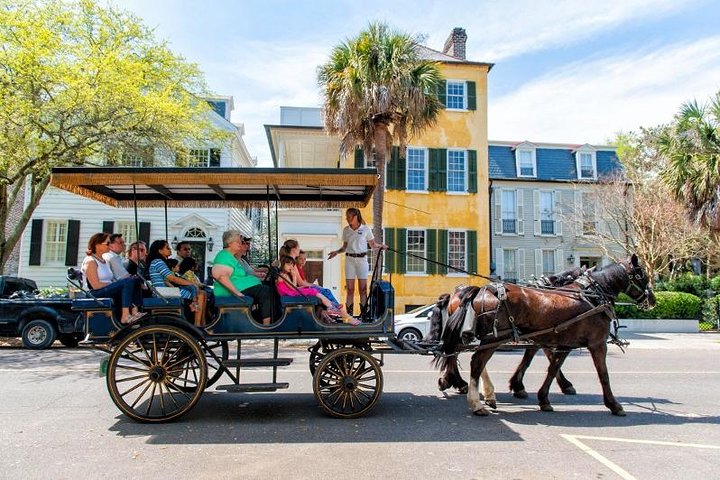
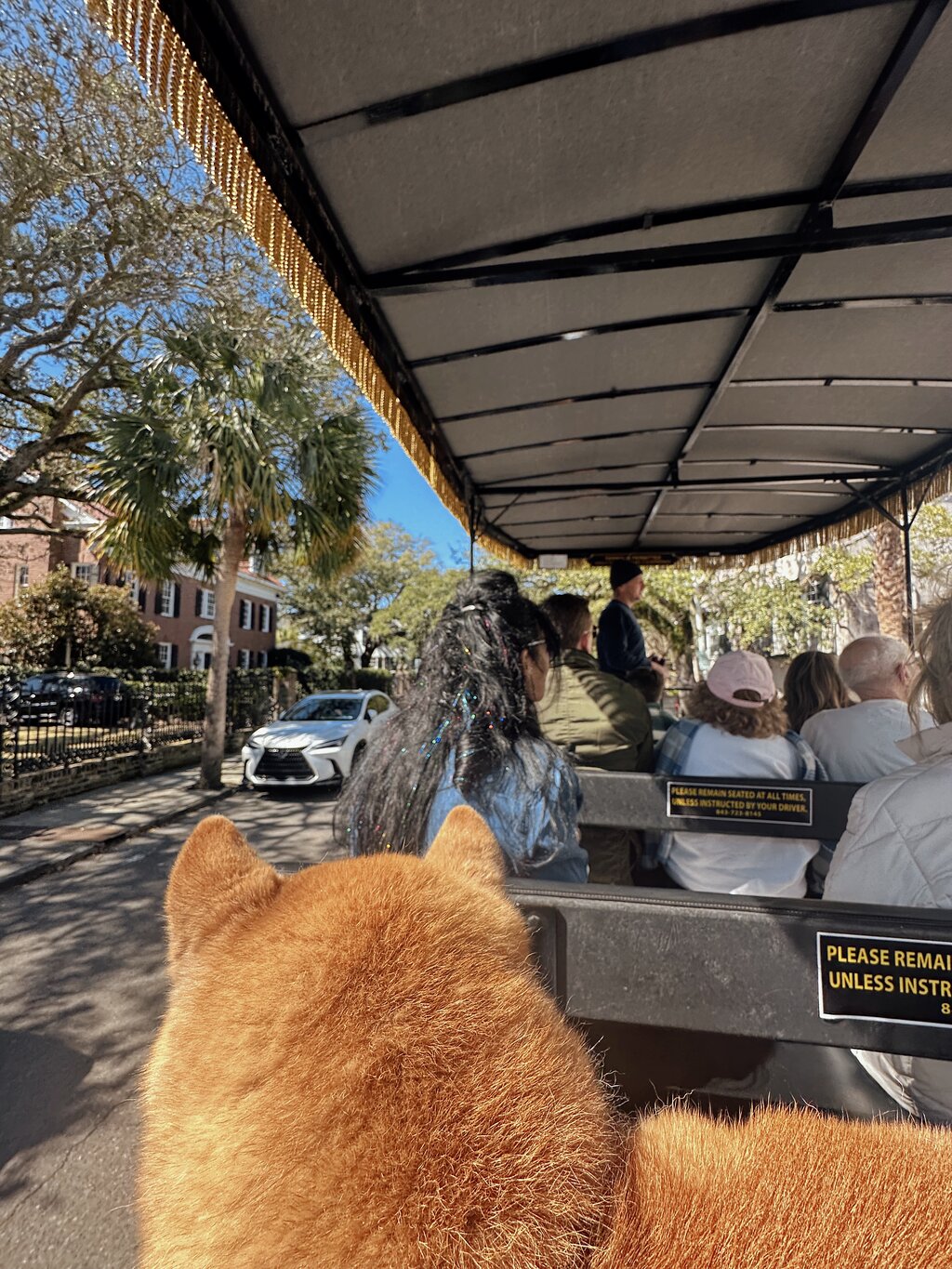



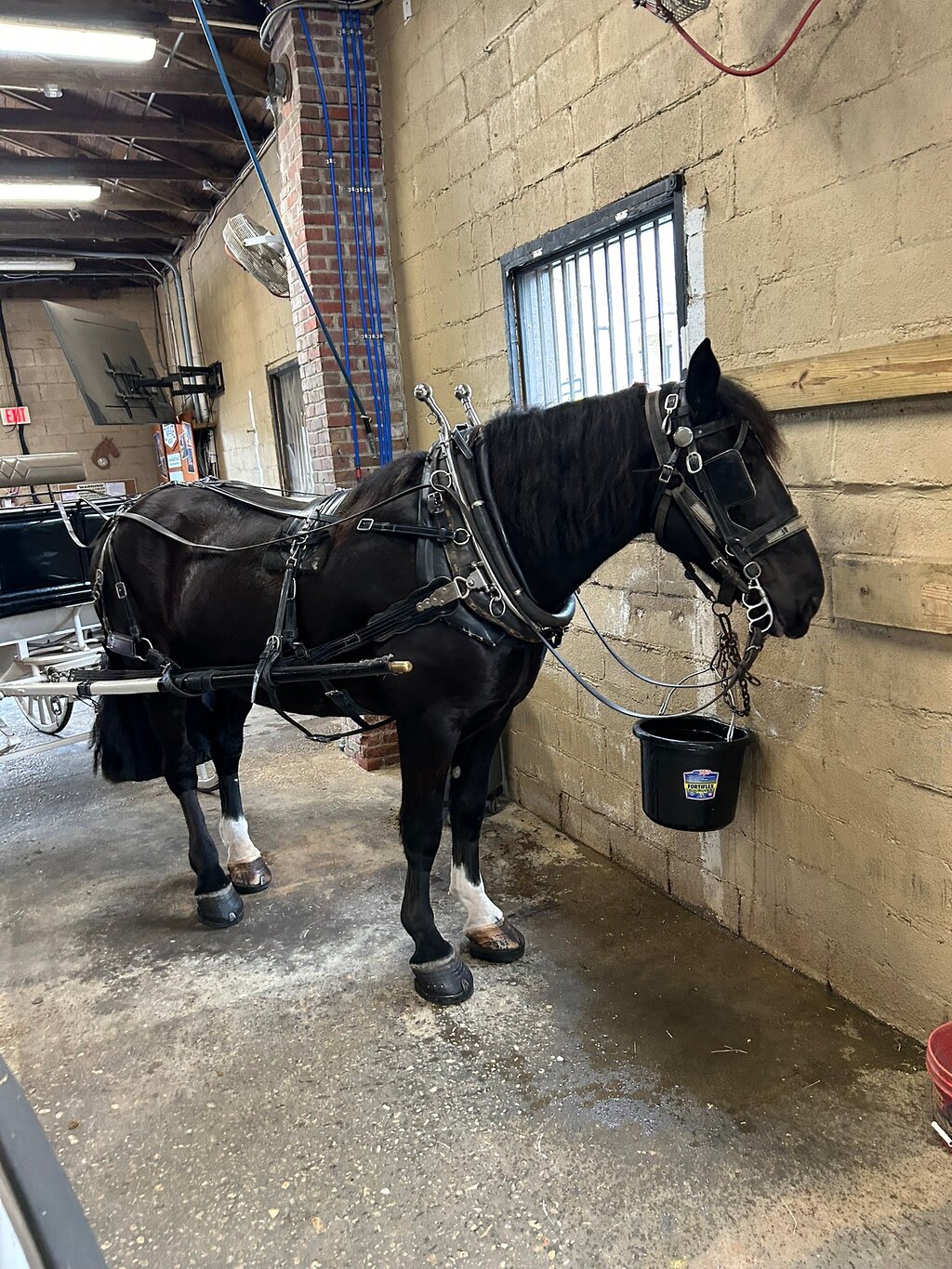
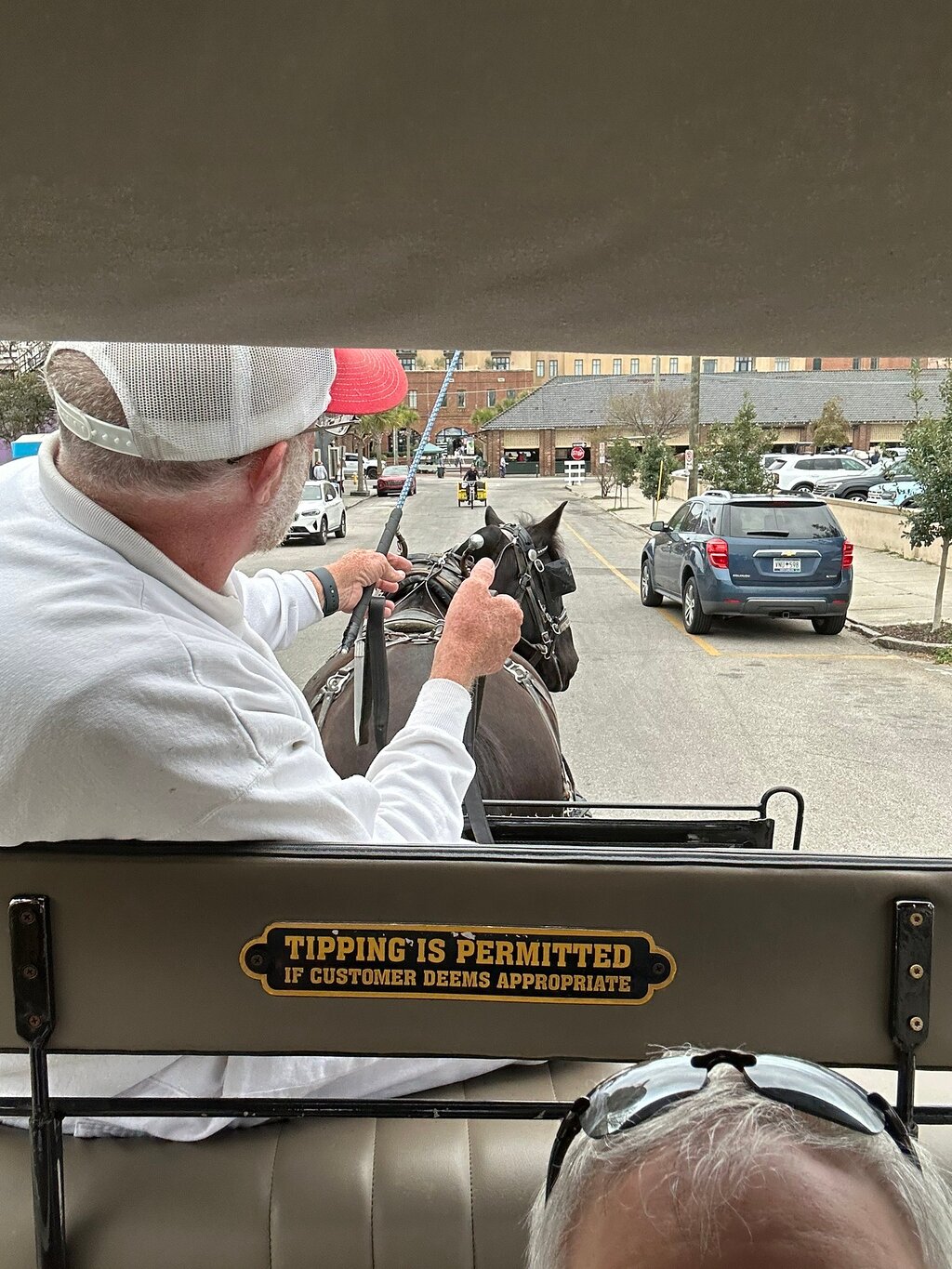
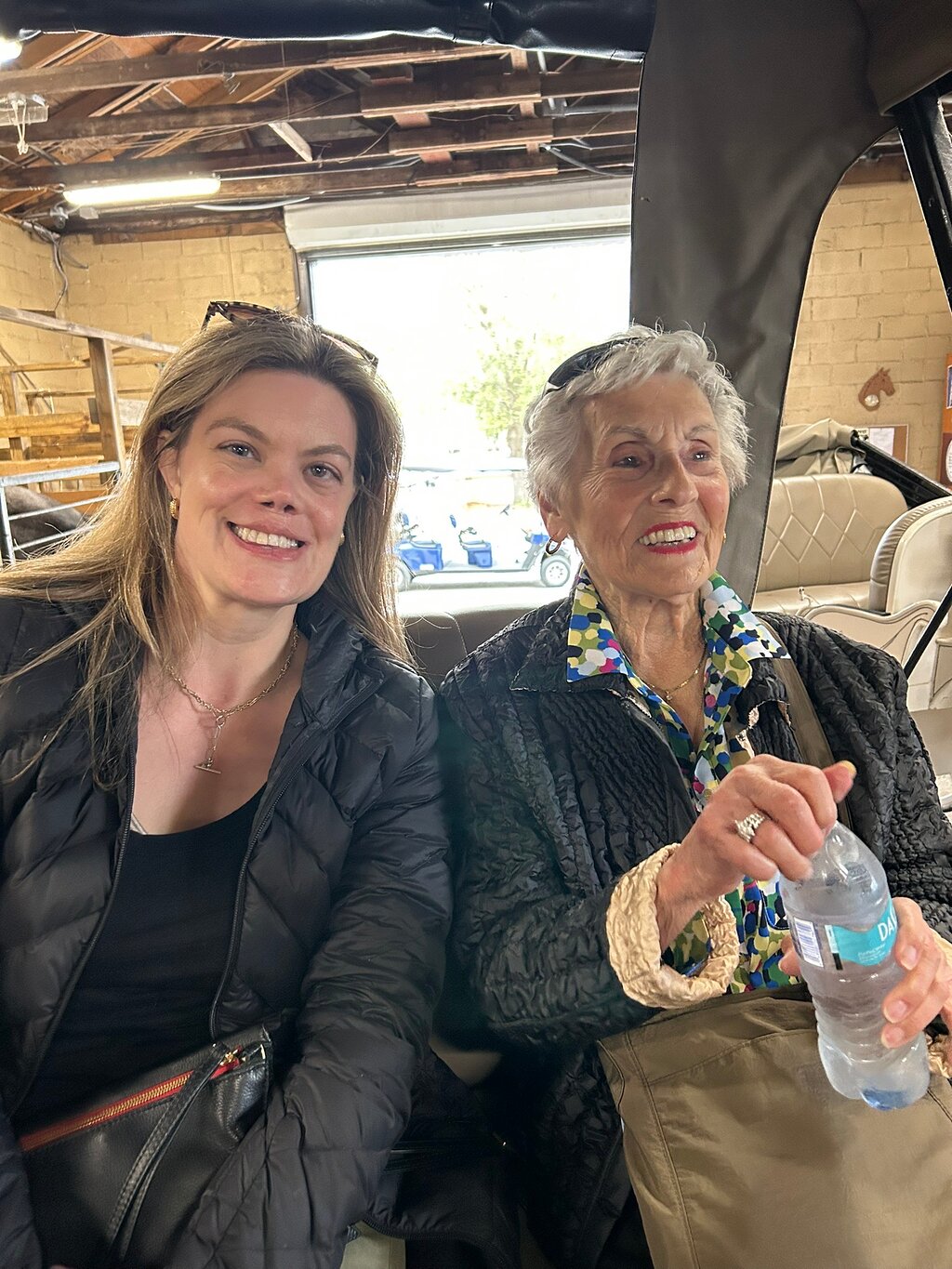
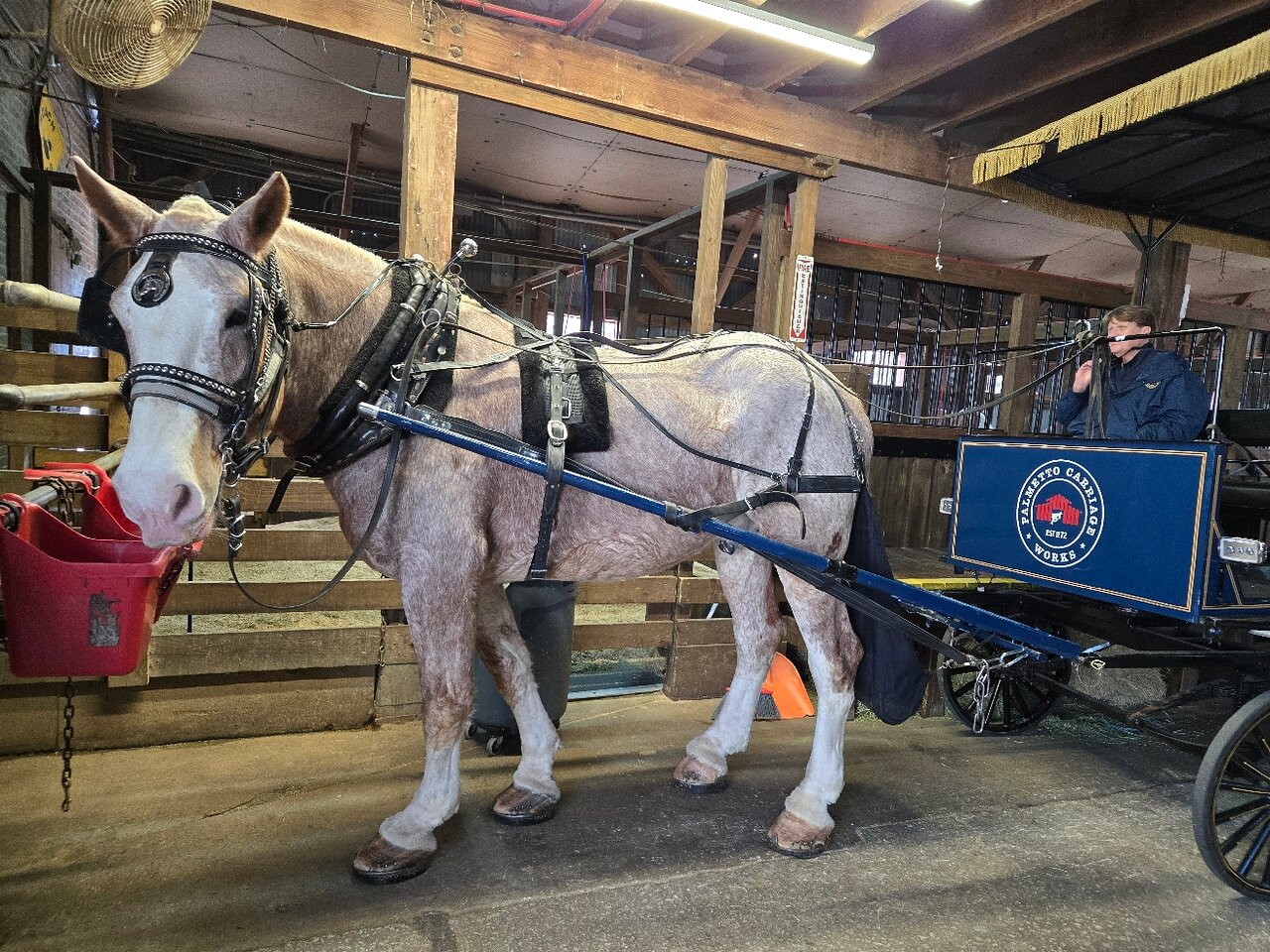
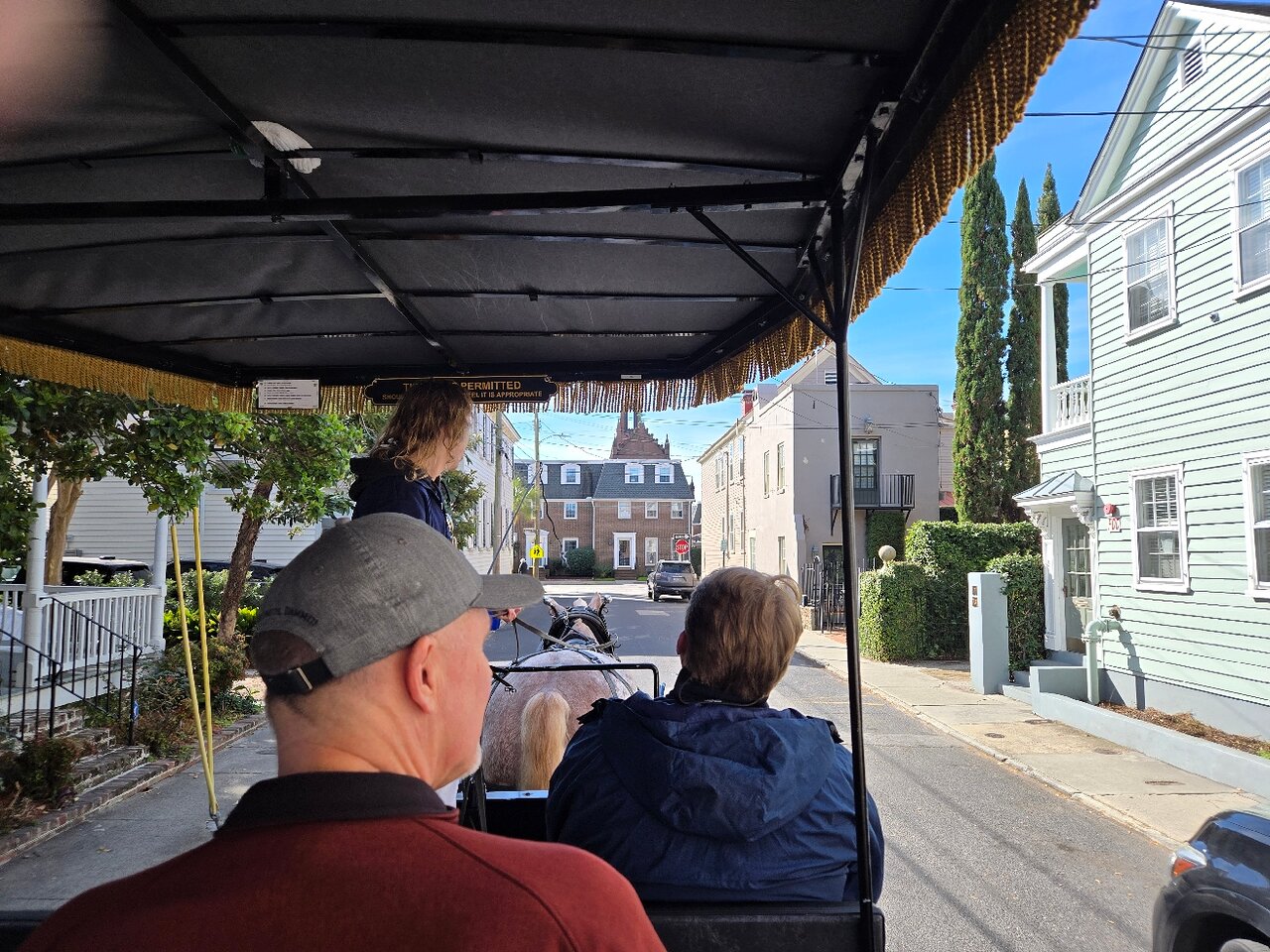
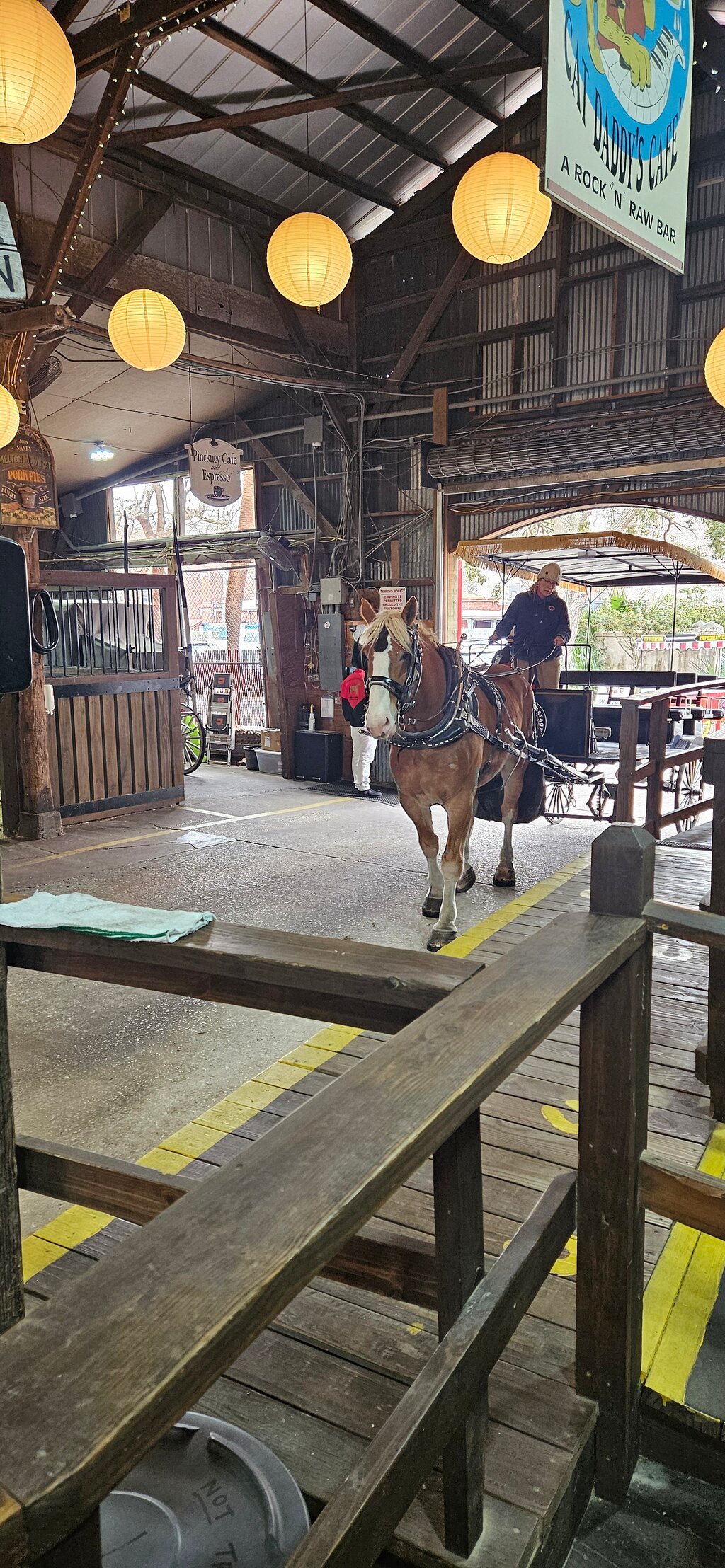
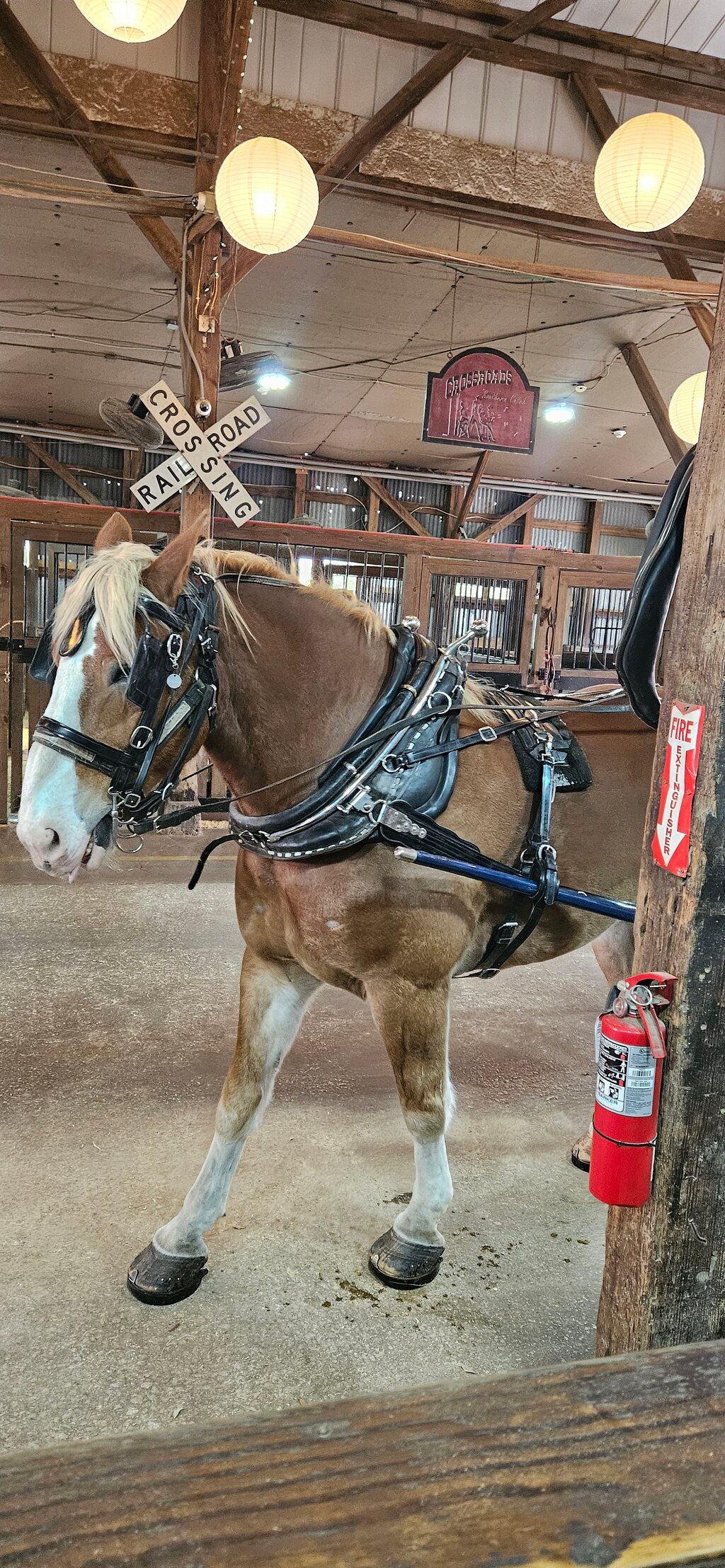
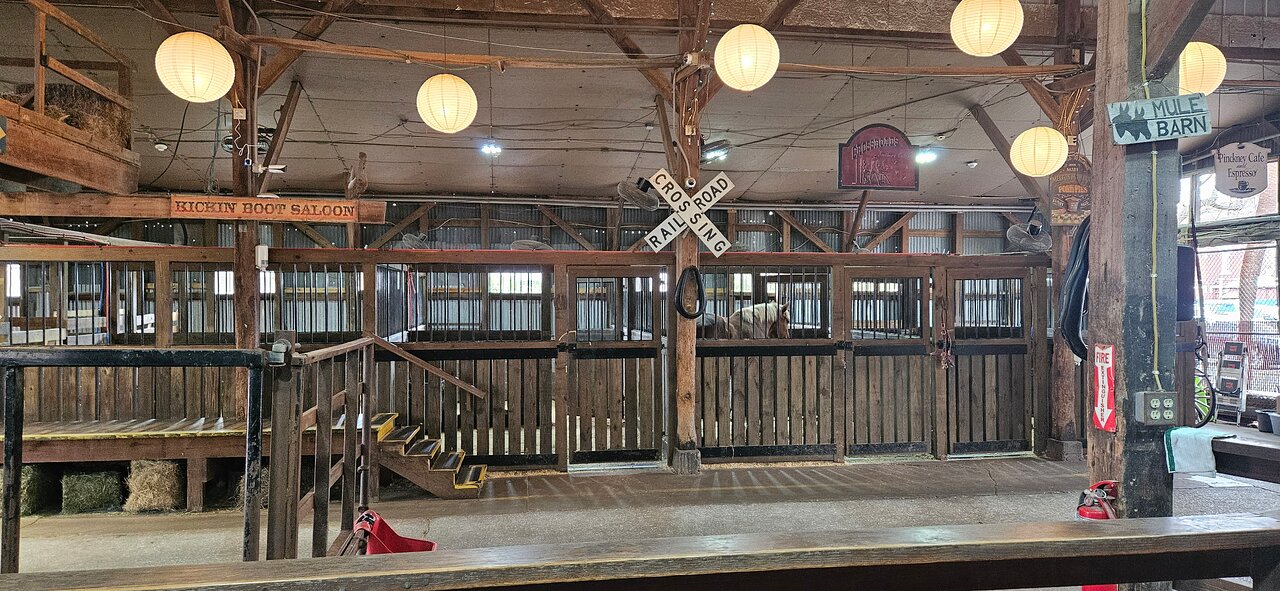
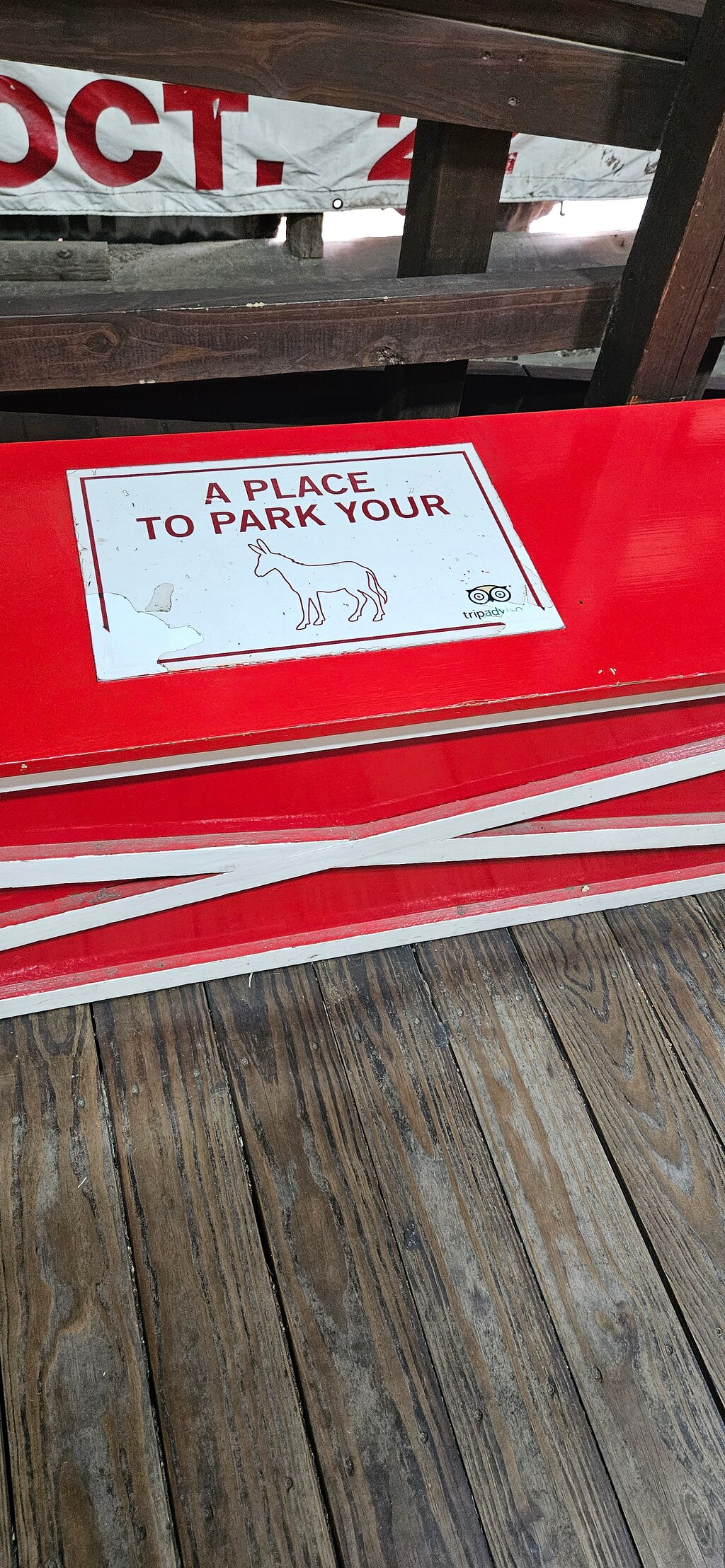
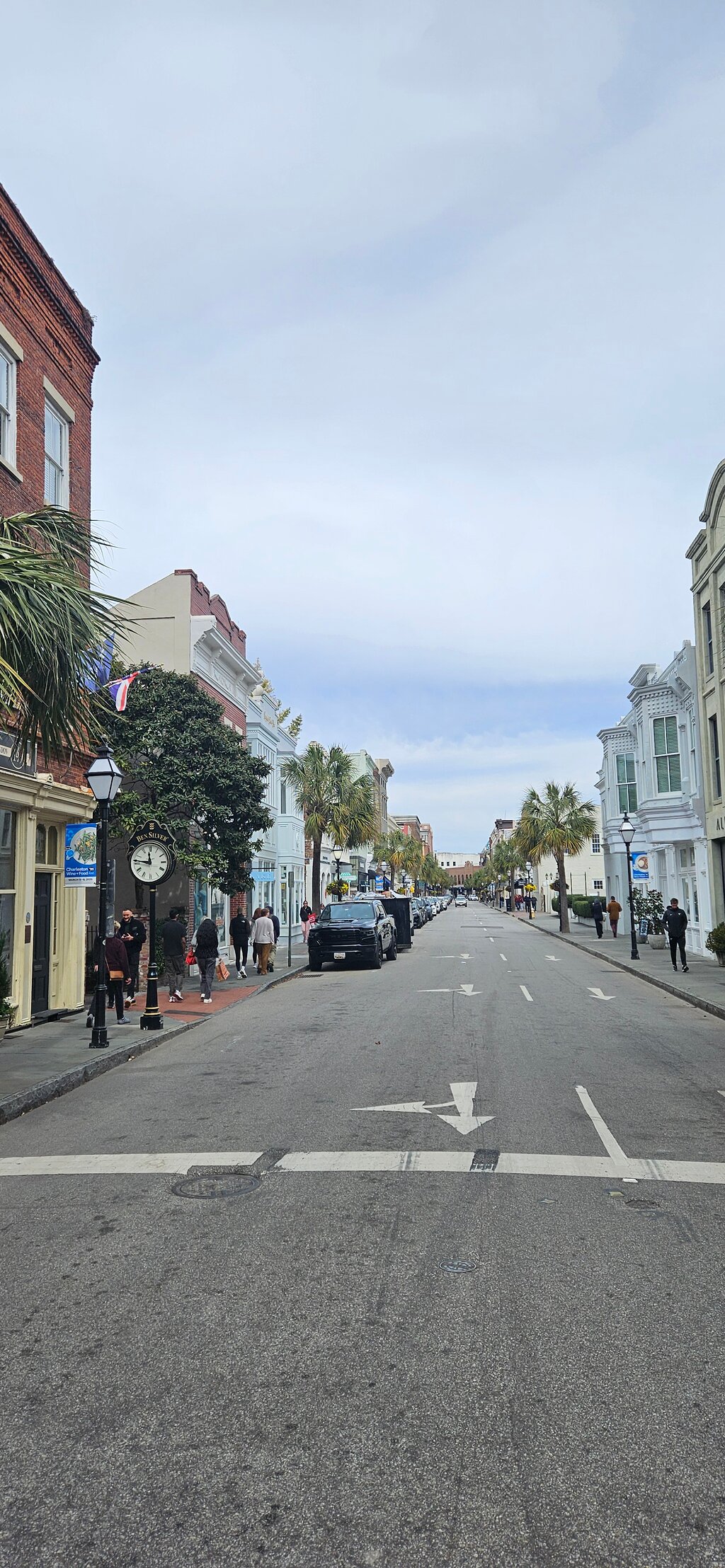
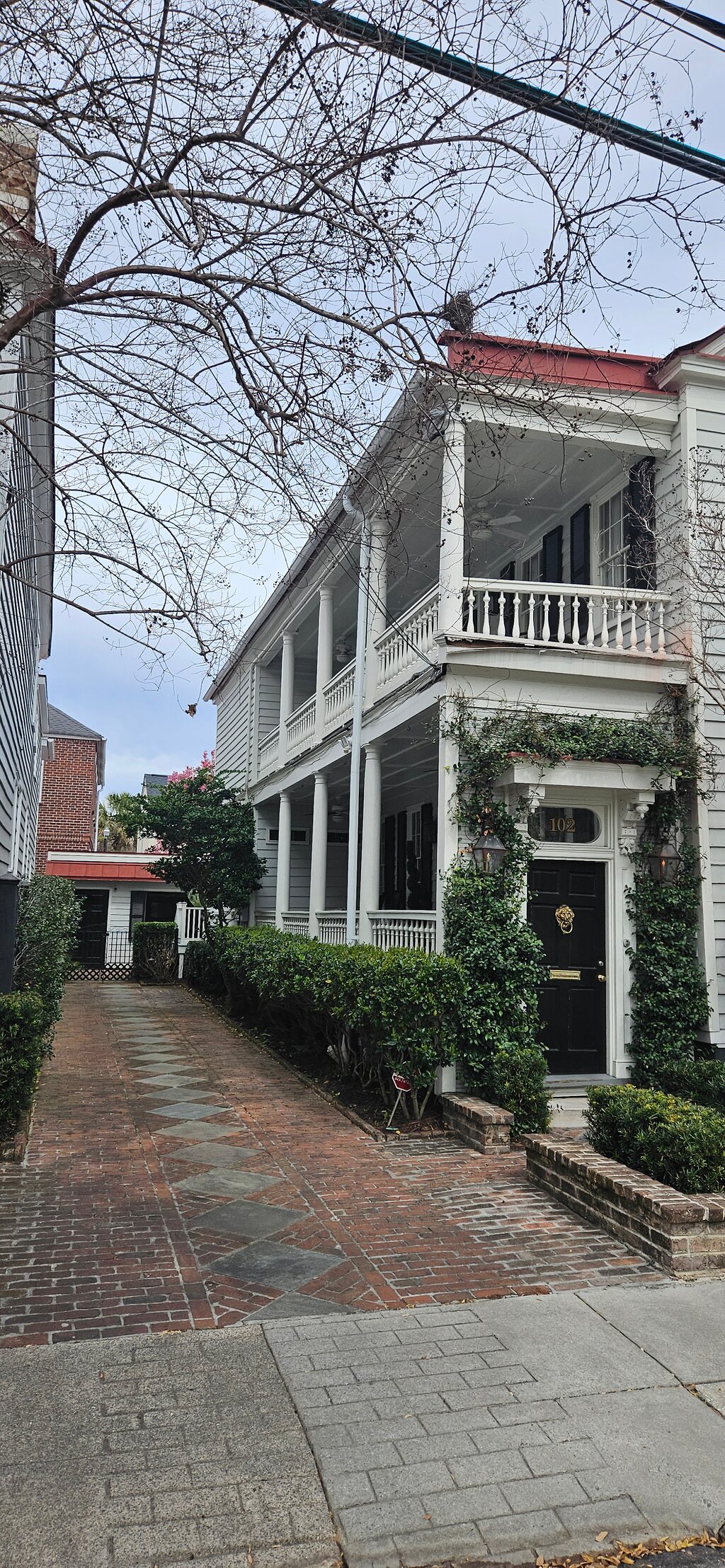
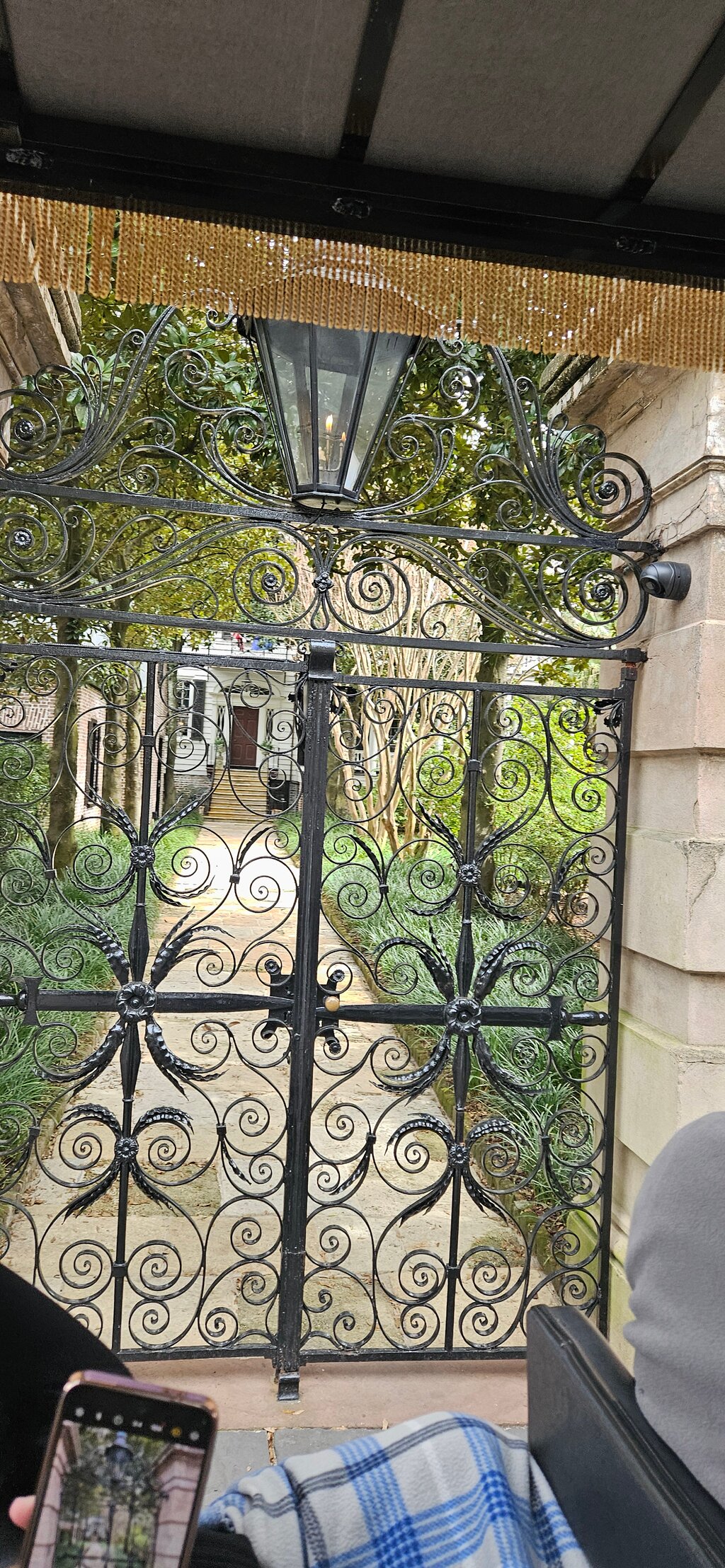
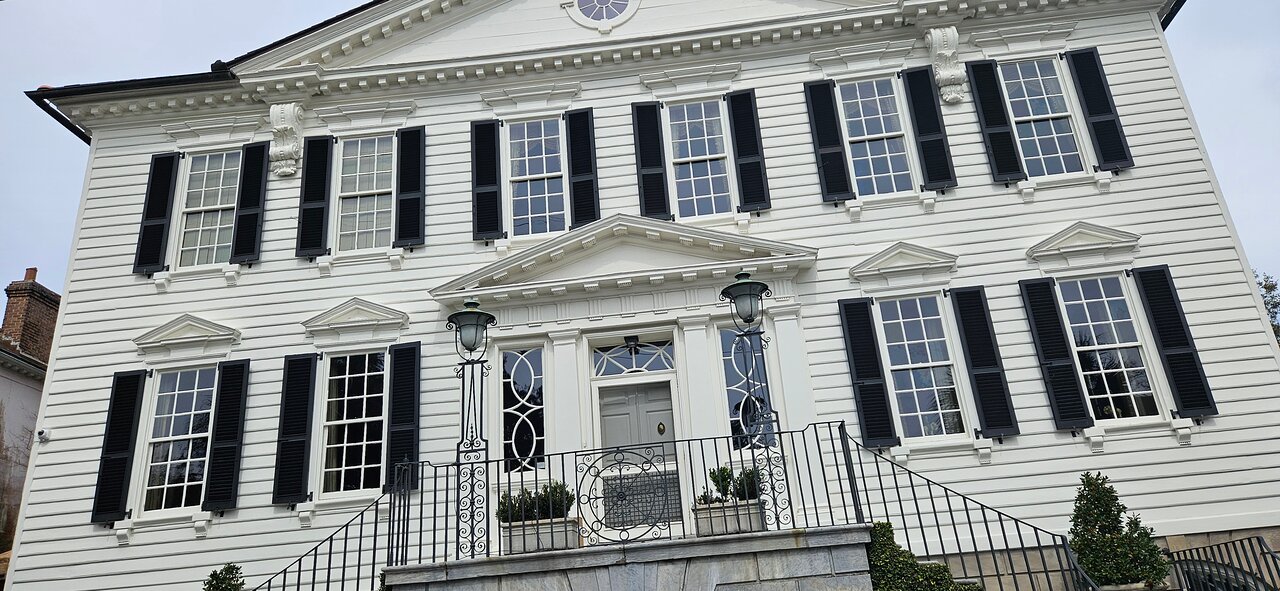

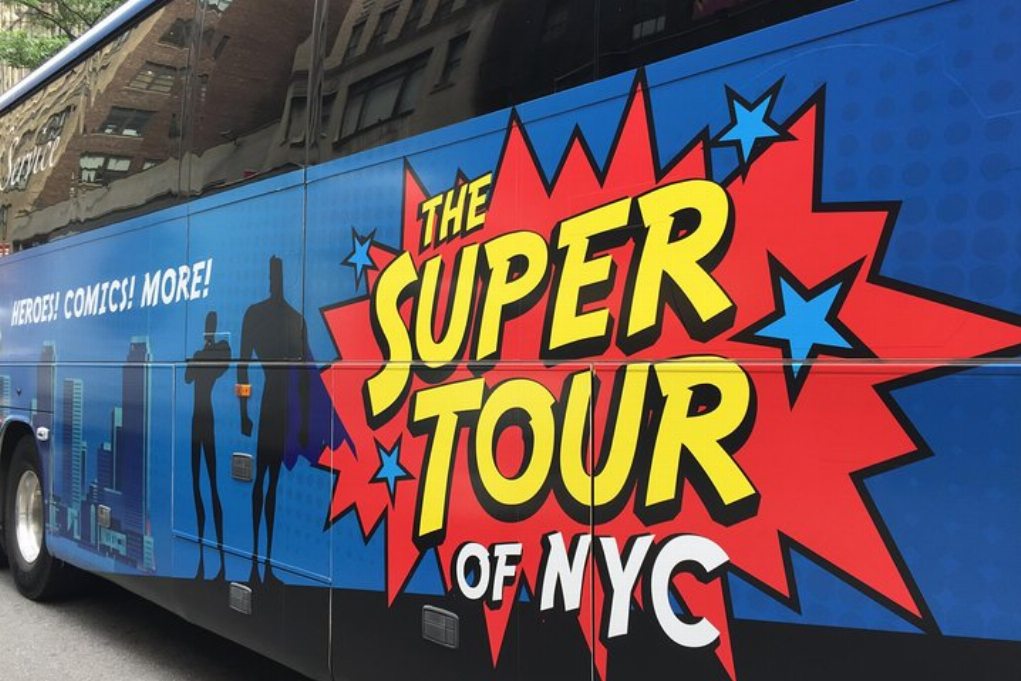

 Више
Више
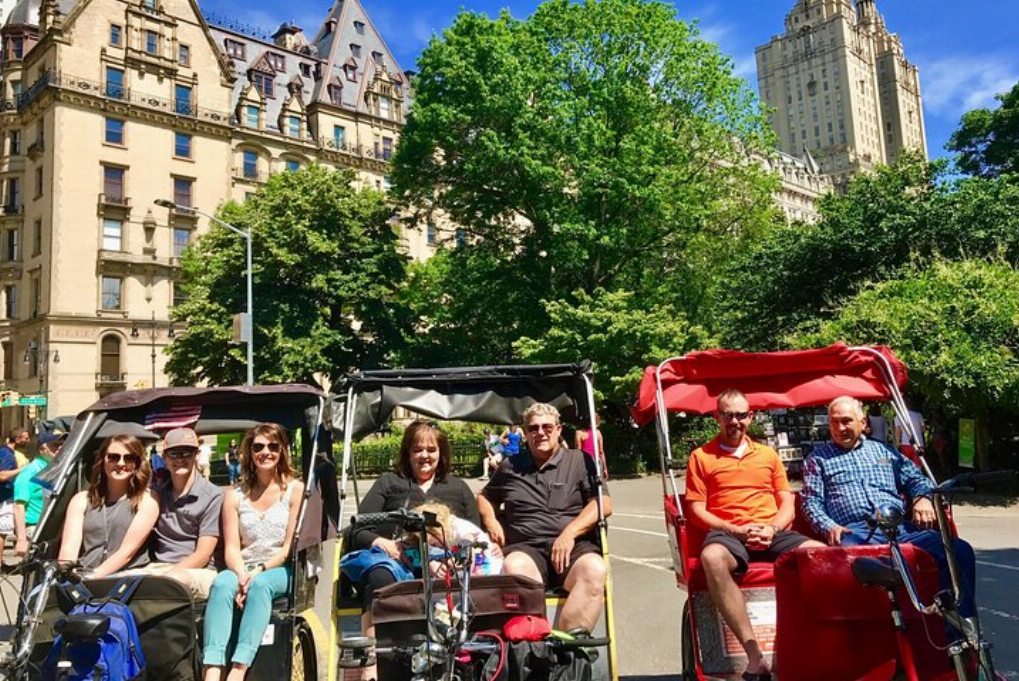


 Наставите са Гоогле-ом
Наставите са Гоогле-ом
 Наставите са Фејсбуком
Наставите са Фејсбуком
 Наставите са Твиттер-ом
Наставите са Твиттер-ом

